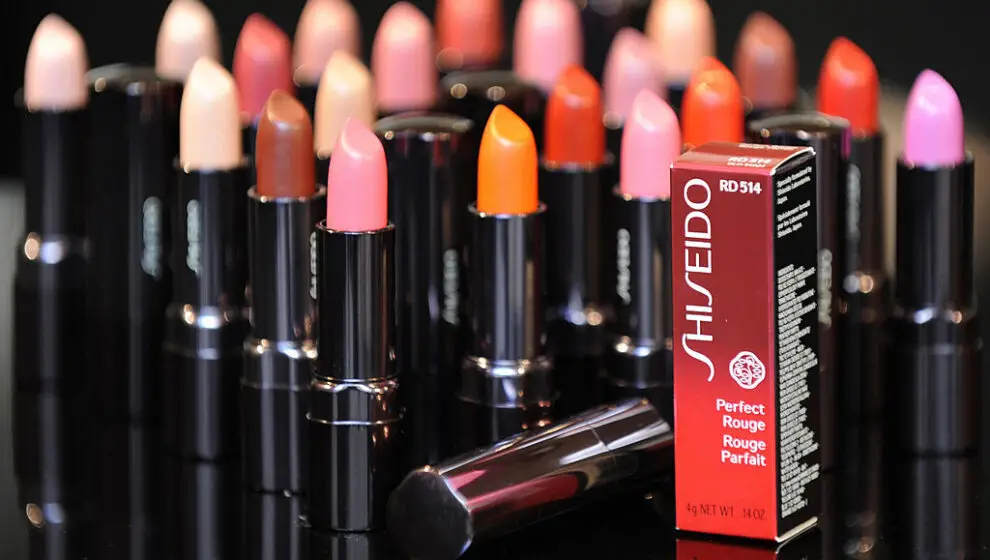Despite record-high inflation and economic hardships, the beauty industry is booming with sales.
Key Details
- Sales for U.S. mass-market beauty products sold in drug and grocery stores reached $30 billion last year, up 4% from 2021, The Washington Post reports.
- Beauty brands sold in department and specialty stores brought in nearly the same amount, with $27 billion in sales and 15% year-over-year growth.
- LVMH, the luxury group that owns Sephora and other brands, reported an 11% rise in perfume and cosmetics sales in its first quarter, despite inflation being nearly 5% during the time.
Why it’s news
Although prices of nearly everything have been high due to record-breaking inflation, many Americans have yet to dial back on beauty products. As consumers start to cut back, beauty remains ahead, as many deem it a self-care necessity.
Many Americans began dialing back on spending due to pressure felt by high inflation, with retail sales dropping 1%, but the beauty industry stayed resilient.
Drug-store beauty sales reached $30 billion last year, and brands sold at department and specialty beauty stores reached $27 billion. Overall sales grew 15% yearly, with makeup, skincare, fragrance, and hair products growing by double digits despite inflation remaining high.
Ulta Beauty has been one of the top leaders in the beauty sector. Total quarterly sales increased by more than 18% in the last quarter of 2022. Fiscal year revenue exceeded $10 billion, while annual net income hit more than $1 billion, according to company records.
Ulta opened around 48 new stores during that same period, according to a company spokeswoman, and foot traffic in early 2023 was up 16.5% year-over-year, according to data from analytics firm Placer.ai.
LVMH, the luxury goods group that owns Sephora, among other high-end brands, also saw large gains. In its first-quarter report, perfume and cosmetics sales grew 11% compared to the same period last year.
The continued spending by consumers shows that although they are pulling back on buying other products, beauty remains high on their lists of importance despite high inflation.
Beauty is resilient, as reflected by the “lipstick index,” a term coined during the 2001 recession by Estée Lauder heir and chairman Leonard Lauder, who noticed that lipstick sales still managed to climb during the economic downturn, reports The Washington Post. The same was true during the Great Depression.
Social media has likely helped the beauty industry boost. Many consumers have become more open to trying new products and brands from seeing them promoted on social media platforms—specifically TikTok.
The #beauty hashtag on TikTok has over 175 billion views and counting, with 89% of users reporting they’ve purchased beauty products after seeing them on the app, according to The Hustle.
Due to the rising popularity of beauty products on TikTok, Sephora announced that it is teaming up with the platform to create a program for rising beauty brands and content creators to navigate social media.
Sephora, TikTok, and ad agency Digitas recently announced a partnership titled The Sephora x TikTok Incubator Program. The partnership will connect TikTok creators to beauty brands from Sephora’s Accelerate program and help them use social media to boost their brands.
The program will consist of multiple social media and beauty education programs, and beauty brands will get to speak with prominent TikTok beauty creators, including Amy Chang, Rocio Lopez-Jimenez, and Nyma Tang.
